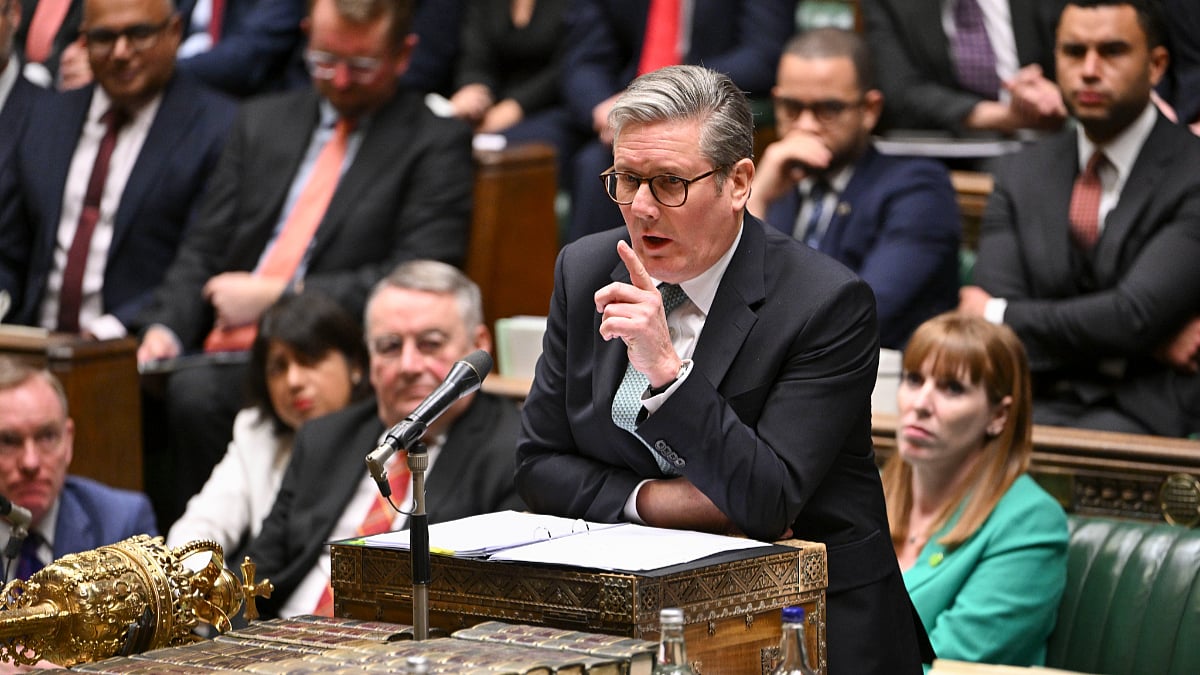Five years after Britain took a leap into the dark, as it were, when it left the European Union (EU) on January 31, 2020, the Labour Prime Minister, Sir Keir Starmer’s government has embarked upon an official reset in relations with the bloc of 27 nations. On Monday, Sir Keir became the first British premier, after the country’s exit from the EU, to address the European Council, the grouping of EU heads of government, where he made a strong pitch for a bilateral agreement on security and defence, areas of traditional UK strengths. The two sides are also slated to hold the first post-Brexit summit on May 19 in London.
Nick Thomas-Symonds, the minister in charge of relations with the bloc, characterised the new engagement as “ruthlessly pragmatic,” ending “ideologically-driven division.” In keeping with that understanding, the potentially divisive question of Britain rejoining the bloc is not even on the horizon. This firm stance is notwithstanding the fact that just 30% of Britons think it was right for the country to leave the bloc, whereas 55% thought that the decision was wrong, as per a YouGov survey published last week to mark the 5th anniversary of the momentous decision. Some 58% echoed a negative sentiment as per a National Centre for Social Research poll.
The Trade and Cooperation Agreement the two sides struck after Brexit has reintroduced the cumbersome customs requirements and red tape on UK businesses. These had been eliminated following the inauguration of the EU single market, where the country was an integral part during its EU membership of 40+ years. Under these constraints, London must content itself with the modest aim of securing an easing of friction for food and drink exporters and for the harmonisation of environmental standards.
The EU wants the restoration of the right to pay home fees in UK universities for students from the bloc at par with domestic students under a youth mobility scheme. There has been a 50% drop in intake from the EU since Brexit, despite the former Conservative premier Boris Johnson’s promise to preserve people-to-people contact. On the politically contentious issue of migration encapsulated in the slogan ‘taking back control’ of Britain’s borders, there has been a surge both in legal and illegal migration.
In a sign of the formidable political challenges confronting Sir Starmer’s new gambit, his team of 50 top officials, charged with steering the negotiations towards a reset with Brussels, has been labelled the “surrender squad” by Eurosceptic critics. Furthermore, the Reform UK party of Nigel Farage, one of the prominent architects of Brexit, has emerged at the top of opinion polls ahead of the ruling Labour party and the Conservative opposition, according to another YouGov poll. The Westminster parliament must do everything in its power to inform and educate the British public on the vital importance of constructive engagement with the country’s closest cultural and trading partner.
